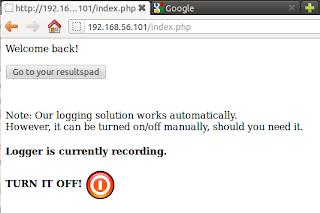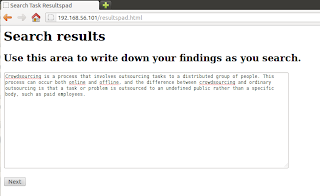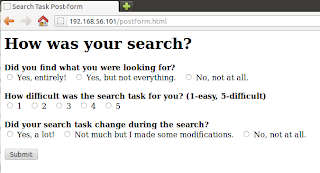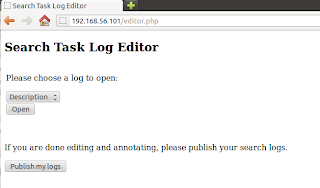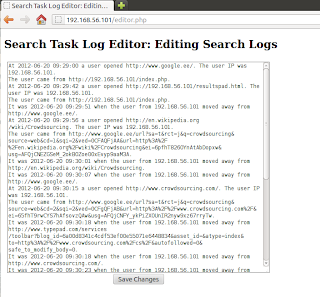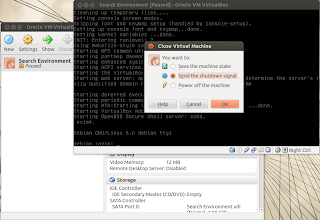Internship PACC First group welcome notes
Very exciting news. I received bridge funding for my PACC research grant, and we will now start the assoicated interships with the respective students. I already welcome Alexandr, Alxandra, Temirlan, and Assulan, who will now enrich this blog with their wisdom.
We have discussed the following noteworthy points today in our first meeting:
-
Every student blogs (you receive a blog account on ulno.net in the first meeting) on Monday first thing they do (do not spent more than an hour, be very coarse and informal, blog both successes AND failures to encourage comments from your peers)
-
After this, read blogs of peers, feedback, (on some time on Monday, praise, encouragements, ideas)
-
Wednesday 13:00 will be weekly meetings, everybody raises successes and failures again, we will discuss next steps and collaboration (everybody can call a meeting when stuck or necessary to allow integration)
-
Every student shares a timesheet on google docs with Assulan and me, this is your initial commitment document, with your work forecast. You will fill in your real work hours every day with a small note about content (this helps you also blogging on Mondays)
-
The lab is open for you all the time, make sure to talk to each other to share the limited amoutns of keys or make sure that either Assulan or me are in the university to let you in or out
-
You should be at least around 70% of your time present in the lab but you are welcome to also do some research work at home (just note this as home office in your work sheet)

